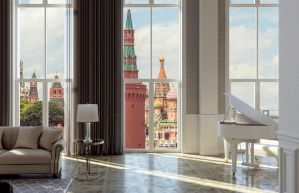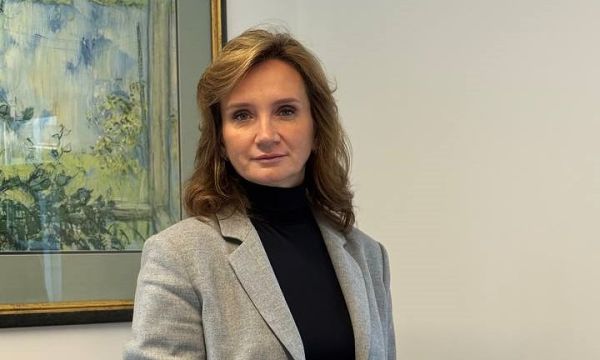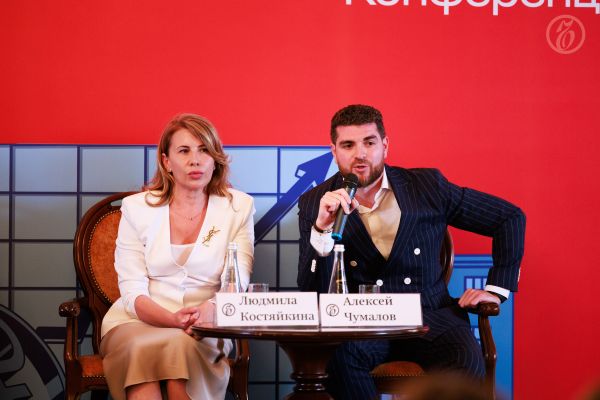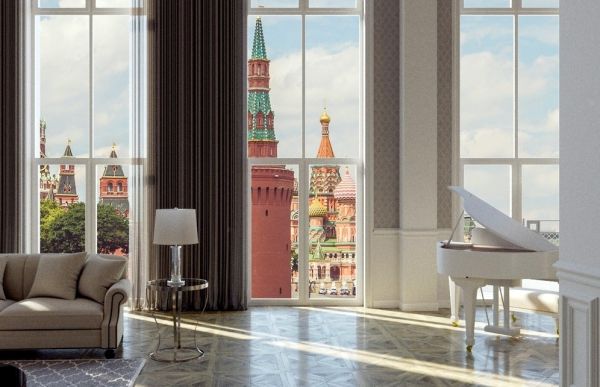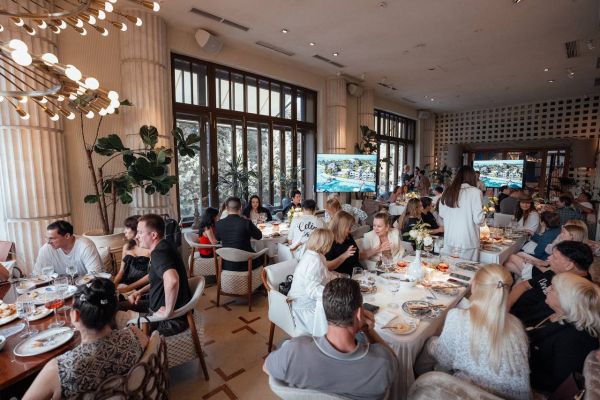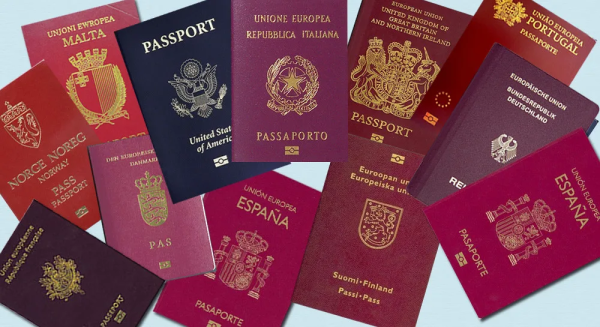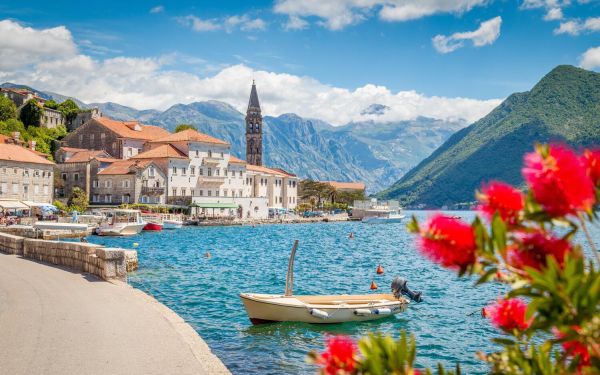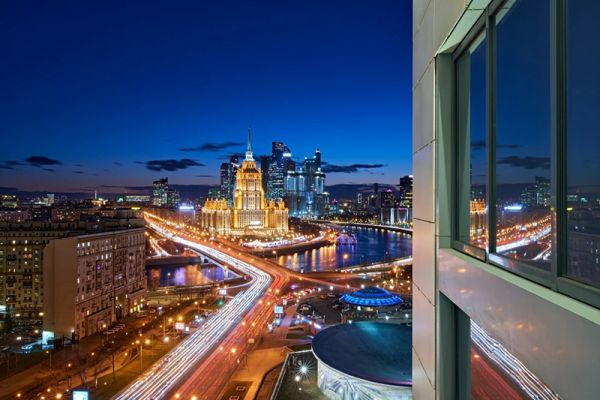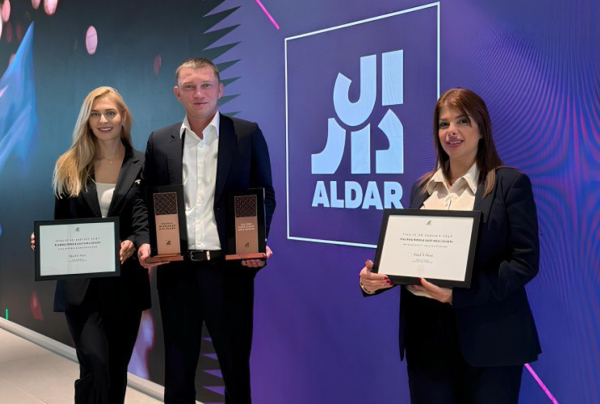Back
Buying in Russian: what foreigners need to consider when dealing with real estate in Russia
Foreigners who wish to buy, sell, or rent property in Russia will encounter certain legislative nuances and incur additional expenses. Experts, surveyed by the "RIA Real Estate" website, have shared what foreign citizens need to be prepared for.
Tax hurdles
Foreigners are free to engage in real estate transactions in Russia, whether it's buying, selling, or renting. However, according to Russian legislation, foreigners can expect a number of surprises, and some of them will have a significant impact on their wallets.
One of the main peculiarities is, of course, the taxation of citizens of other countries when selling real estate in Russia, says Natalya Shatalina, the CEO of "Miel- Novostroiki" company. It significantly differs from the taxation rules applicable to Russian citizens. According to her, whether a person is a tax resident or not plays a big role in this case.
Murat Borokov, the Head of Legal Support Department at Kalinka Group, explains that in cases when a foreigner is a tax resident of the Russian Federation, i.e., resides in Russia for more than 183 days within a tax period from January 1 to December 31, they will have the same tax obligations as Russian citizens. If they stay in Russia for less than the specified period, they are considered non-residents, which entails a number of nuances. By the way, almost all foreigners in Russia are non-residents since they are allowed to stay continuously for no more than 3 months, with some exceptions, emphasizes Alexander Lunin, the leading manager of the secondary housing department at the real estate agency "Azbuka Zhilya."
For non-residents, the tax rate is set at 30% of the income earned, continues Shatalina. For Russian citizens, the rate is set at 13% of the income earned. Moreover, Russian citizens are entitled to apply property tax deductions, notes the expert from "Miel-Novostroiki" agency. For example, they can reduce their income by the expenses associated with the acquisition of this property. "But non-residents cannot apply these deductions (i.e., the tax is calculated on the entire value of the property)," explains the expert. The 30% rate is also applied when renting out a property, adds Borokov.
Yana Sergeeva, the head of the city real estate department at "NDV-Nedvizhimost" company, notes that non-residents of Russia are not exempt from personal income tax (PIT) rules concerning the sale of real estate owned before 2016 for more than 3 years (since January 1, 2016 - more than 5 years). As an example, she mentions the story of a Ukrainian citizen who, being a non-resident, came to sell an apartment in Moscow that he had owned for more than 3 years. He deliberately waited for the exemption from the tax on the sale of property. But these assumptions turned out to be incorrect, and the Ukrainian, upon learning about the inevitable expenses, changed his mind about selling the apartment.
By the way, Sergeeva points out that Russia has the lowest PIT rate.
If a foreign citizen purchases property, regardless of whether they are a resident of Russia or not, the transaction is carried out in the usual format, says Irina Peshich, the Managing Director of the Brokerage Department at "Miel Real Estate Network."
Present an apostille
During real estate transactions, foreigners need to present an apostille to avoid document verification, says Peshich, explaining that this document was developed and adopted by the Hague Convention as a means of confirming the authenticity of the presented documents and the information contained therein. That is, a notary, when notarizing a document requiring certification, attaches an additional form called an apostille. All documents are affixed in a certain way, necessary seals are applied.
An apostille can take the form of a stamp that is affixed to a document or is issued on a separate form, clarifies Peshich. In the second case, the apostille form is affixed to the official document in a certain way. The apostille contains the following information: the name of the state that issued the document and the name of the city where it was affixed; the data of the person (full name and position) who signed it; the name of the authority whose seal or stamp is affixed to the document certified by the apostille and the name of the authority that certified it; the date of affixing and the apostille number; the seal or stamp of the authority that affixed the apostille; the signature of the official who affixed this document.
To obtain an apostille, one must first contact a notary, make a translation of the required document (the original must be provided), and have the translation notarized. Then, one must write an application to the Ministry of Justice of the Russian Federation or another relevant authority (if the apostille is being issued in Russia) that has the right to affix an apostille and pay the state fee.
Foreign citizens selling an apartment are usually asked to provide a document confirming their marital status or the spouse's permission to sell the property to avoid possible contestation of the transaction, Peshich continues. It must be properly executed and also be accompanied by an apostille. The fact is that not all countries make marriage entries in passports, so this document will have to be additionally requested by the foreign citizen.In addition to tax issues, the concept of foreign residency is important in real estate transactions involving foreign citizens, says Borokov. A foreign non-resident is considered to be a person who does not reside in the Russian Federation based on a residence permit, explains the expert. This status carries both restrictions and advantages. The main advantage is that settlements for real estate transactions between a resident and a non-resident can be made not only in rubles but also in foreign currency. Meanwhile, between two Russian currency residents, mutual settlements are made exclusively in rubles, which requires citizens with foreign currency savings to convert them into rubles at the exchange rate at the time of buying or selling real estate.
In addition, financial transactions involving a non-resident must be conducted exclusively through non-cash means, while residents are allowed to make cash payments, says Borokov. It is crucial for foreign non-residents to know and comply with this requirement, as penalties for its violation amount to 70-100% of the transaction value, he warns.
When selling real estate in Russia to foreign citizens, the question arises of transferring the funds received from the sale abroad, adds Sergeeva.
If a Russian citizen buys real estate from a foreigner and the seller wants the money to be transferred abroad, certain mechanisms are needed, says Galina Borisova, a lawyer at the Penny Lane Realty suburban real estate department. We have such instruments as a bank safe deposit box, letter of credit, or a notary deposit, which is rarely used, and in the West there is an additional payment method through escrow agents. Borisova notes that this method is very common and effective. Essentially, she explains, this is a "live box" represented by licensed conditional deposit specialists who are impartial intermediaries responsible for the timely transfer of money to the seller. This service is expensive, but it is worth it, she assures. However, as clarified by Penny Lane Realty, escrow agents are not obligatory but serve as a guarantee of the security of receiving money.
Not everything can be purchased
Foreign citizens may also encounter nuances related to the status of the property, says Borisova.
Citizens of other countries are restricted from owning real estate located in areas with special status (for example, in border areas), says Borisova. In other words, one must make sure that there are no restrictions on the property being sold.
Foreigners are also restricted from purchasing every piece of land. Borisova explains that they are not entitled to acquire agricultural land, except in cases where the plot is allocated for gardening, horticulture, recreational or personal subsidiary farming, civil construction, including individual garage construction, as well as land plots where immovable property is located. In other words, if a house is built on an agricultural land plot, a foreigner is entitled to purchase both the building and the land.
By the way, if a foreigner wants to buy a home in Russia through a mortgage, they will encounter very high interest rates. "The current mortgage rates are difficult to call comfortable for non-residents: banks offer loans at 14% or higher. As a result, studying mortgage programs often ends with the question of mortgage being canceled," says Sergeeva.
Translation difficulties
And, of course, one should not forget about mental and cultural differences that can confuse foreign citizens.
Lunin tells the story illustrating what it is like to work with foreigners unfamiliar with our market. An American wanted to buy an apartment on Tverskaya Street but couldn't come to an agreement with the seller. Two days before the deal, the parties met at a cafe, and when they started discussing the details of how the transaction would proceed (about the bank, about the safe deposit box, who pays for what, who prepares what), it turned out that the guest didn't understand what was being said.
First, he asked why at the bank and not at the notary. He was explained that there is a practice of depositing money into a bank safe deposit box to prevent fraud until the registration is completed, and the money will be held there. He was bewildered: "Why did we gather here then if you want to deceive me?!". The sellers reassured him, explaining that this is simply a practice in Russia to protect buyers. The American wondered why this is not done by a notary. He was told about the duties of notaries in our country, about drawing up contracts, notarizing them, about powers of attorney, statements, and consents. The foreigner once again became suspicious of why all of this is not done by a notary. He was explained that in Russia, some parts of the deal can be handled by a notary, while the agency takes care of other parts. In the end, the deal was still made, but it required a lot of effort.
Read also
Stay up to date with the latest news
We promise to send only interesting and important articles.



